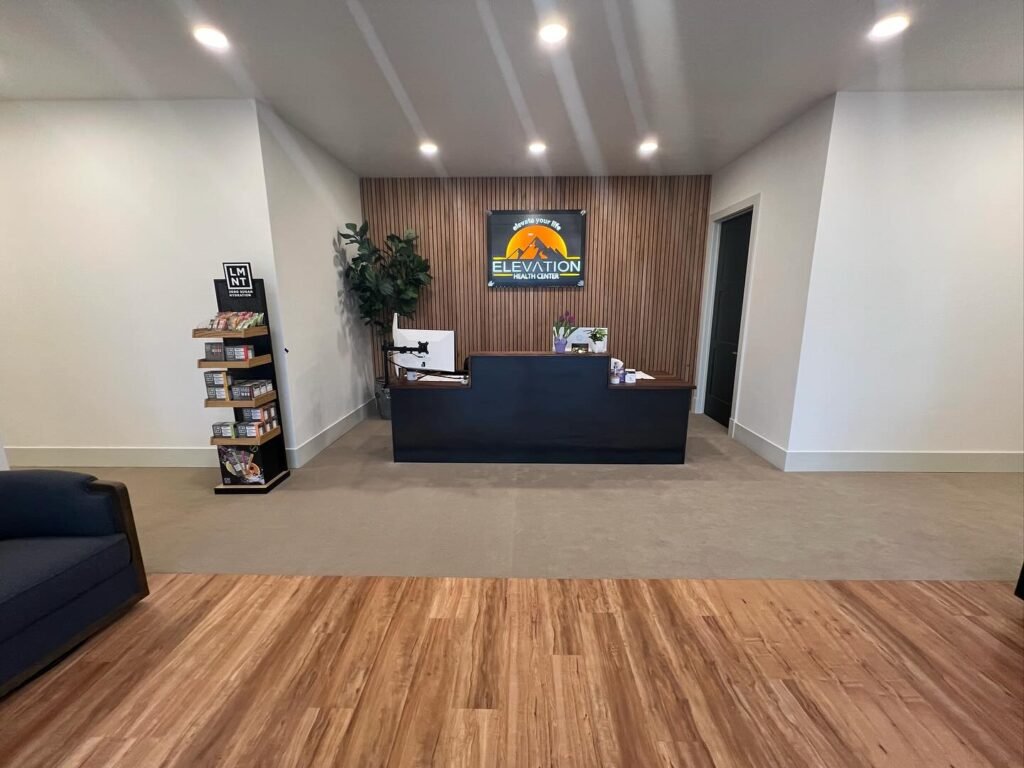We’re committed to bringing your vision to life. Our friendly team of construction professionals offers a wide range of services for both commercial and residential projects in Idaho. Here’s how we can help you:
Commercial Construction Services
Residential Construction Services
- Custom Home Building
- Home Additions
- Kitchen Remodeling
- Bathroom Remodeling
- Basement Finishing
- Accessory Dwelling Units (ADUs)
- Garage Conversions
- Deck and Patio Construction
- Roofing and Siding
- Window and Door Installation
- Home Renovations and Upgrades
- Custom Flooring
Accessory Dwelling Units (ADUs)
Maximize your property’s potential with our specialized ADU services:
- Detached ADUs
- Attached ADUs
Additional Services
- Project Management
- Design-Build Services
- Demolition
- Painting and Finishing
- Landscaping
“True-blue construction did amazing work at our new office building.” – Grayson P.
Contact Us
We’re not just building structures – we’re building relationships. Contact us today for a friendly chat about your next Idaho project. Let’s bring your vision to life, together!
What We Do For Our Clients
We bring your ideas to life with our full range of residential and commercial building services. We’re skilled in custom home construction, smooth renovations, home additions, and energy-saving upgrades that match your lifestyle and needs.
We provide high-quality construction for business projects that combine function and style, ensuring your space represents your professional image.


We focus on top-notch craftsmanship, clear communication, and timely project delivery, making complex jobs feel simple. Our team works closely with you from start to finish, offering creative solutions and personalized service every step of the way.
Whether you’re adding to your home, updating an office, or building from scratch, we are your trusted partner for creating beautiful and long-lasting spaces.
Where We Work
Areas we service:
- Mountain Home
- Weiser
- Horseshoe Bend
- New Plymouth
- Middleton Heights
- Marsing
- Melba
- Cascade
- McCall
- Glenns Ferry
- Twin Falls
- Gooding
- Jerome
- Wendell
- Hailey
- Sun Valley
- Richfield
Other Tools and Helpful Resources
Find all of helpful tools like remodel cost calculators and infographics here!
Construction Services FAQ
What time does residential construction have to stop?
Typically by 10 p.m. in Idaho to follow noise ordinances and respect neighbors’ peace and quiet. Check local regulations for specific restrictions in your area.
Can contractors work on Saturday?
Yes, we can accommodate Saturday work schedules for projects. Contact us to discuss your specific needs and schedule availability.
What time can you start construction in a residential area?
We start construction in residential areas during regular business hours, between 8:00 AM and 5:00 PM. Specific start times may vary based on the project scope and location. Feel free to contact us for more detailed scheduling information.
Start dates vary based on project scope, weather conditions, and availability.
How do zoning laws affect construction hours?
Zoning laws dictate construction hours to cut noise and disruption. They restrict work to daytime hours on weekdays. Violations can result in fines or stop-work orders. Check local regulations for specific restrictions in your area.
What permits are needed for commercial construction?
Typically, building permits, electrical permits, plumbing permits, and mechanical permits are required. Other permits may be needed based on the specific project. Check with local authorities for the exact requirements in your area.
How does weather impact construction scheduling?
Weather significantly impacts construction scheduling by causing delays in outdoor projects. Rain, snow, extreme heat, or cold can halt progress. Contractors must adapt schedules to account for weather conditions to ensure project efficiency.
What insurance is required for construction firms?
Construction firms typically need general liability, workers’ compensation, and builder’s risk insurance. These policies protect against property damage, injuries, and other risks.
How are construction project timelines estimated?
Estimates are based on scope, complexity, weather conditions, material availability, and workforce size. Detailed planning, experience, and communication are crucial for accurate timeline estimations. Regular monitoring and adjustments help ensure projects stay on schedule.
What factors influence construction service costs?
The project scope, materials, labor, location, permits, and any extra services required. The complexity of the design, timeline, and contractor experience also play a significant role.